As I explore the emotions connected with being the only black woman in the room, I’m feeling constricted, like I’ve been ordering from a limited menu. It’s time to make my life inclusive, starting with a reading list. Here are books by authors of color.
Voices in the Mirror: An Autobiography, by Gordon Parks. If you need an inferiority complex, here you go. Gordon Parks was a staff photographer for Life Magazine, author of twelve books (poetry, fiction, and nonfiction), film director, composer, jazz pianist, painter. His was a full, eventful life with as much failure as success, as much poverty as wealth, but in the recounting there was little self-awareness. I’m more interested in your hopes and disappointments, what keeps you awake in the middle of the night.
Lost Connections: Discovering the Real Causes of Depression. By Johann Hari. My therapist recommended this one. (I get a kick out of using the words “my therapist.” It feels very hoity toity first-world-privileged.) Though it appealed to my analytical nature with plenty of research studies, it was not a dry academic tome. There were enough stories well-told about real people to make it a good read. To summarize: depression isn’t mainly about chemical imbalance or genetics; it’s about modern life. It’s especially timely, because one of the issues cited is social isolation. I was inspired, comforted, and hopeful. I highly recommend it.
The Moor’s Account, by Laila Lalami. Historical fiction. The account of a doomed 16th century Spanish expedition to the New World, told by one of four survivors. The narrator is on the expedition because he sold himself into slavery. The purpose of the expedition is to enslave the indigenous population and grab any gold laying around. An excellent reminder that slavery is part of the human psyche. It’s existed forever and will remain alive and well wherever powerful people can get away with it. It’s entertaining, educational, and disheartening.
Cinderella is Dead, by Kalynn Bayron. Young adult fantasy, a reimagining of the Cinderella story. The whole fairy tale about Prince Charming rescuing Cinderella gets kicked to the curb, and it’s about time. The tone is dark, laced with danger, oppression, conspiracy, and witches. Bonus points to the author for seamlessly weaving in a same-sex love story. And a plot twist that made me stop reading, so I could dance around and shout OMG! You go, Kalynn Bayron! I recommend it for any young adult readers you love. Cinderella is dead. Long live Kalynn.
The Vanishing Half: A Novel, by Britt Bennett. Black identical twins are separated when one of the sisters decides to pass for white. A brilliant and intimate rendering of how white body supremacy affects/infects the minds of black people. The main characters (and me, too) spend a lifetime aware that the default operating system in America is whiteness. We are just as much Not White, as we are Black. A juicy story, very twisty-turny, with an ambivalent, satisfying finish. I’ll be reading it at least twice more. As you talk about race in 2020, don’t assume the white woman across from you is white.
Voices in the Mirror: An Autobiography, by Gordon Parks. If you need an inferiority complex, here you go. Gordon Parks was a staff photographer for Life Magazine, author of twelve books (poetry, fiction, and nonfiction), film director, composer, jazz pianist, painter. His was a full, eventful life with as much failure as success, as much poverty as wealth, but in the recounting there was little self-awareness. I’m more interested in your hopes and disappointments, what keeps you awake in the middle of the night.
Lost Connections: Discovering the Real Causes of Depression. By Johann Hari. My therapist recommended this one. (I get a kick out of using the words “my therapist.” It feels very hoity toity first-world-privileged.) Though it appealed to my analytical nature with plenty of research studies, it was not a dry academic tome. There were enough stories well-told about real people to make it a good read. To summarize: depression isn’t mainly about chemical imbalance or genetics; it’s about modern life. It’s especially timely, because one of the issues cited is social isolation. I was inspired, comforted, and hopeful. I highly recommend it.
The Moor’s Account, by Laila Lalami. Historical fiction. The account of a doomed 16th century Spanish expedition to the New World, told by one of four survivors. The narrator is on the expedition because he sold himself into slavery. The purpose of the expedition is to enslave the indigenous population and grab any gold laying around. An excellent reminder that slavery is part of the human psyche. It’s existed forever and will remain alive and well wherever powerful people can get away with it. It’s entertaining, educational, and disheartening.
Cinderella is Dead, by Kalynn Bayron. Young adult fantasy, a reimagining of the Cinderella story. The whole fairy tale about Prince Charming rescuing Cinderella gets kicked to the curb, and it’s about time. The tone is dark, laced with danger, oppression, conspiracy, and witches. Bonus points to the author for seamlessly weaving in a same-sex love story. And a plot twist that made me stop reading, so I could dance around and shout OMG! You go, Kalynn Bayron! I recommend it for any young adult readers you love. Cinderella is dead. Long live Kalynn.
The Vanishing Half: A Novel, by Britt Bennett. Black identical twins are separated when one of the sisters decides to pass for white. A brilliant and intimate rendering of how white body supremacy affects/infects the minds of black people. The main characters (and me, too) spend a lifetime aware that the default operating system in America is whiteness. We are just as much Not White, as we are Black. A juicy story, very twisty-turny, with an ambivalent, satisfying finish. I’ll be reading it at least twice more. As you talk about race in 2020, don’t assume the white woman across from you is white.
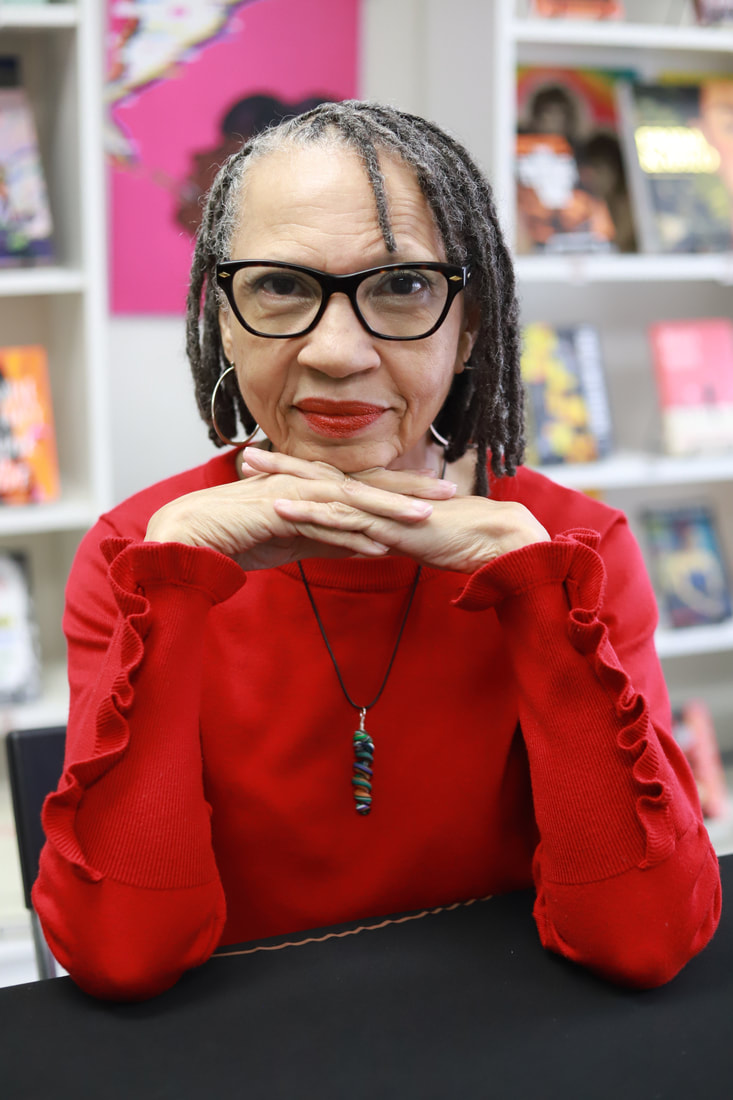

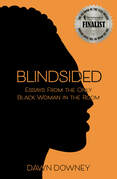
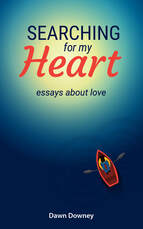
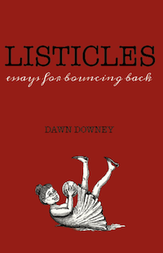
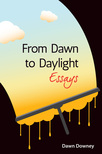


 RSS Feed
RSS Feed